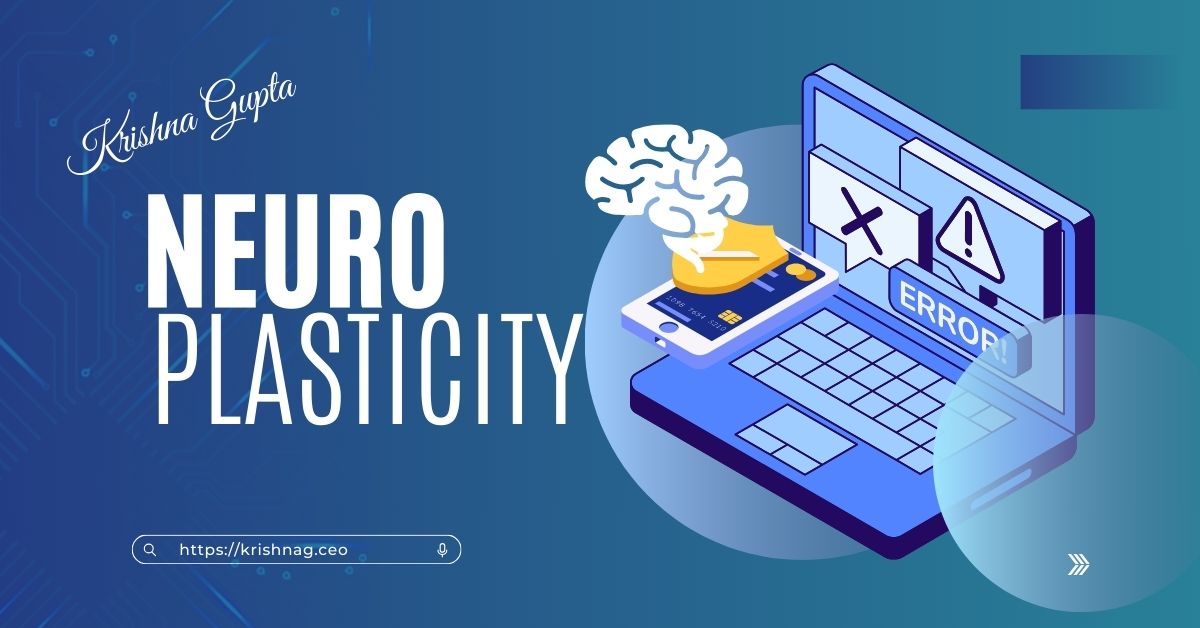The Specter of AI and BCI: Robots Attacking Humans
The convergence of Artificial Intelligence (AI) and Brain-Computer Interfaces (BCIs) has ignited a wave of both excitement and trepidation. While these technologies hold immense promise for advancing human capabilities and improving quality of life, they also raise profound ethical and security concerns. One such concern is the potential for AI-controlled robots to pose a threat to human safety.

